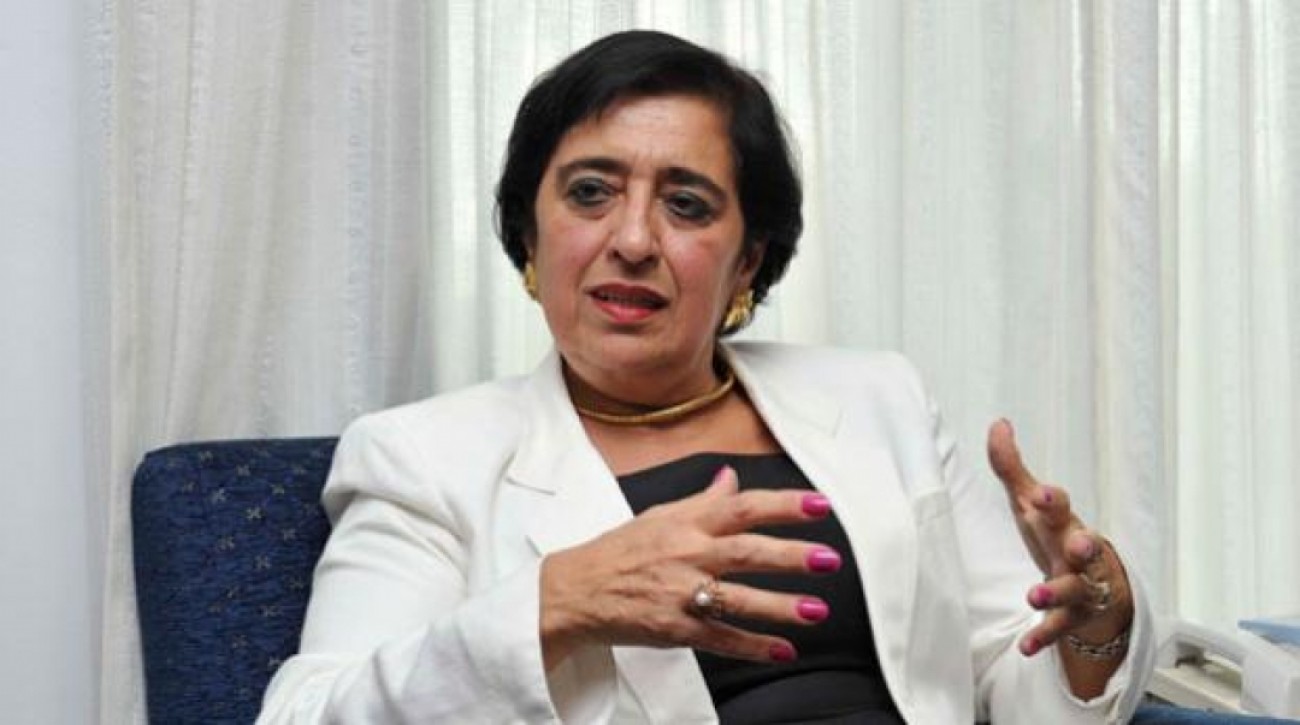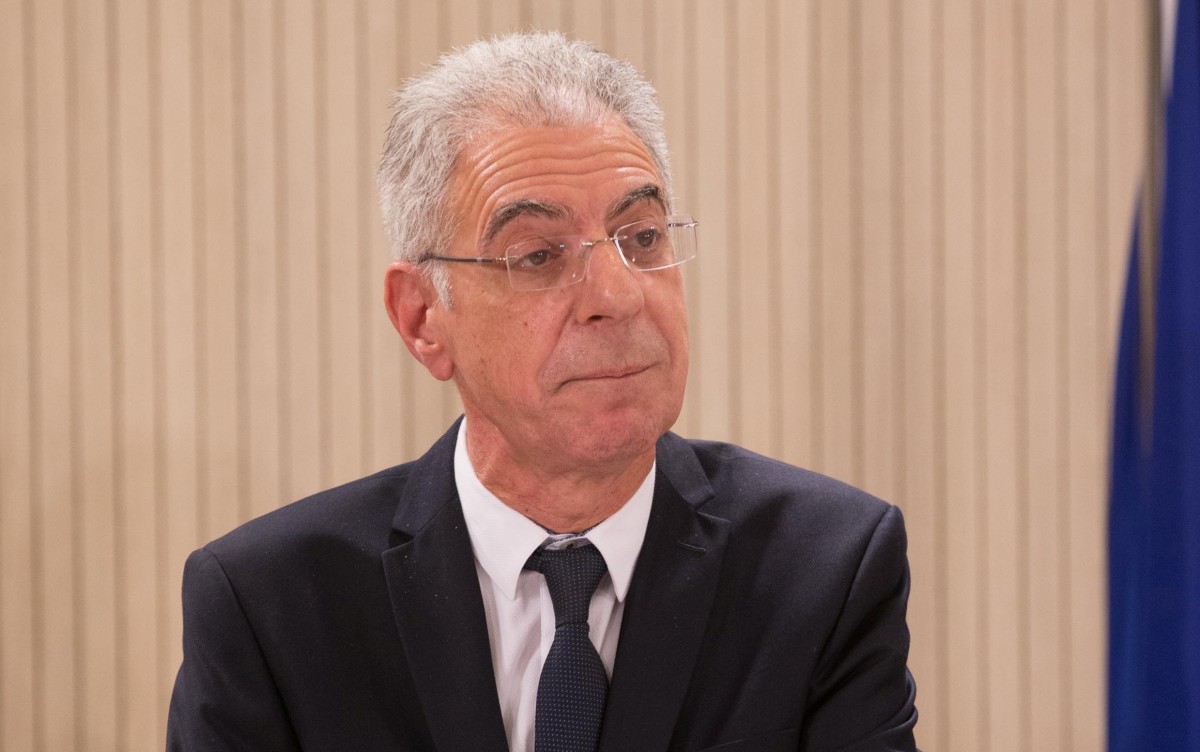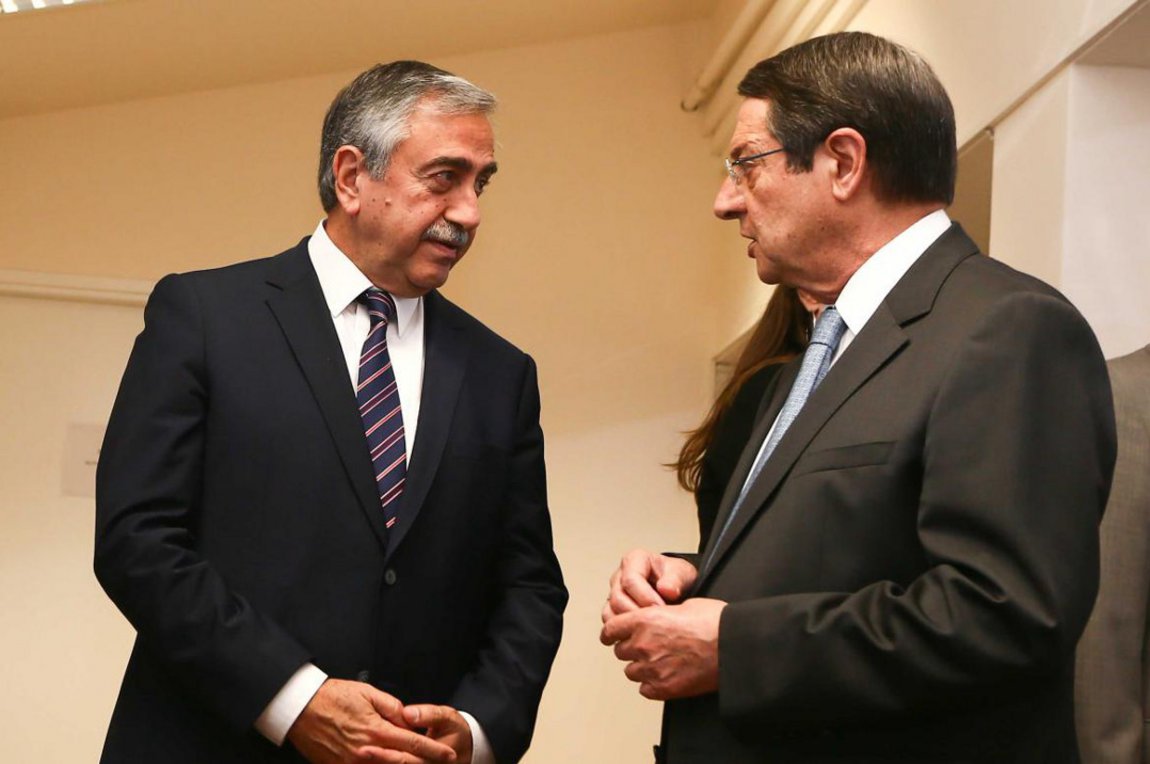
The debate on the Cyprus issue is heating up after the move by Anastasiades to initiate public discussions about the devolution of central government powers in the event of a solution. The debate has been going back and forth and includes reference to the possibility of two states as a framework for a solution. AKEL official Christos Christofides pointed out today at Astra radio that there was an ''ambient atmosphere’’ being created on this issue for some time now.
The frequency of references by the President on this issue is so high that it is well documented by Cypriot media.

Former FM Markoulli in an interview to Kathimerini pointed out to concessions being made at the wrong time. ''This debate should have taken place during the negotiations only after we have secured important tradeoffs, both in terms of how to make decisions at the federal level (in order to have a more functional state), but also in other matters of particular importance to us, such as security and guarantees and territorial matters. Otherwise, I am very afraid that we are showing our hand and at the end of the day we will have no results," she said.
Speaking to Kathimerini, government spokesman Prodromos Prodromou admitted that the term loose federation is a position that has not been fully developed yet and that further technocratic advice will be sought to that end.

As to why this issue has not been raised earlier, Mr. Prodromou said that it is valid that we delayed in making our move on this issue and that the President has taken a different negotiating road.
The singular issue that emerges from this debate is the relation between a loose federation and the two states solution approach. ''The issue of effective participation must be discussed further in relation to the proportional vote and under which circumstances it will be applied. Other remaining issues on power sharing including rotating presidency must be discussed as demanded by the Turkish Cypriot side, according to 2:1 ratio’’. This is stated in the Guterres framework.
At this point two questions arise from this discourse. As much as President Anastasiades perceives that the public will not accept a rotating presidency, he has no alternative other than to accept it. So attention has turned to the powers of constituent states.
The fact that there is now a discussion about the powers of the central government; it creates friction that eventually leads to two states. And this is mainly due to the fact that the competencies (powers of the central government) are agreed upon. So what will Anastasiades and Akinci discuss further?
































